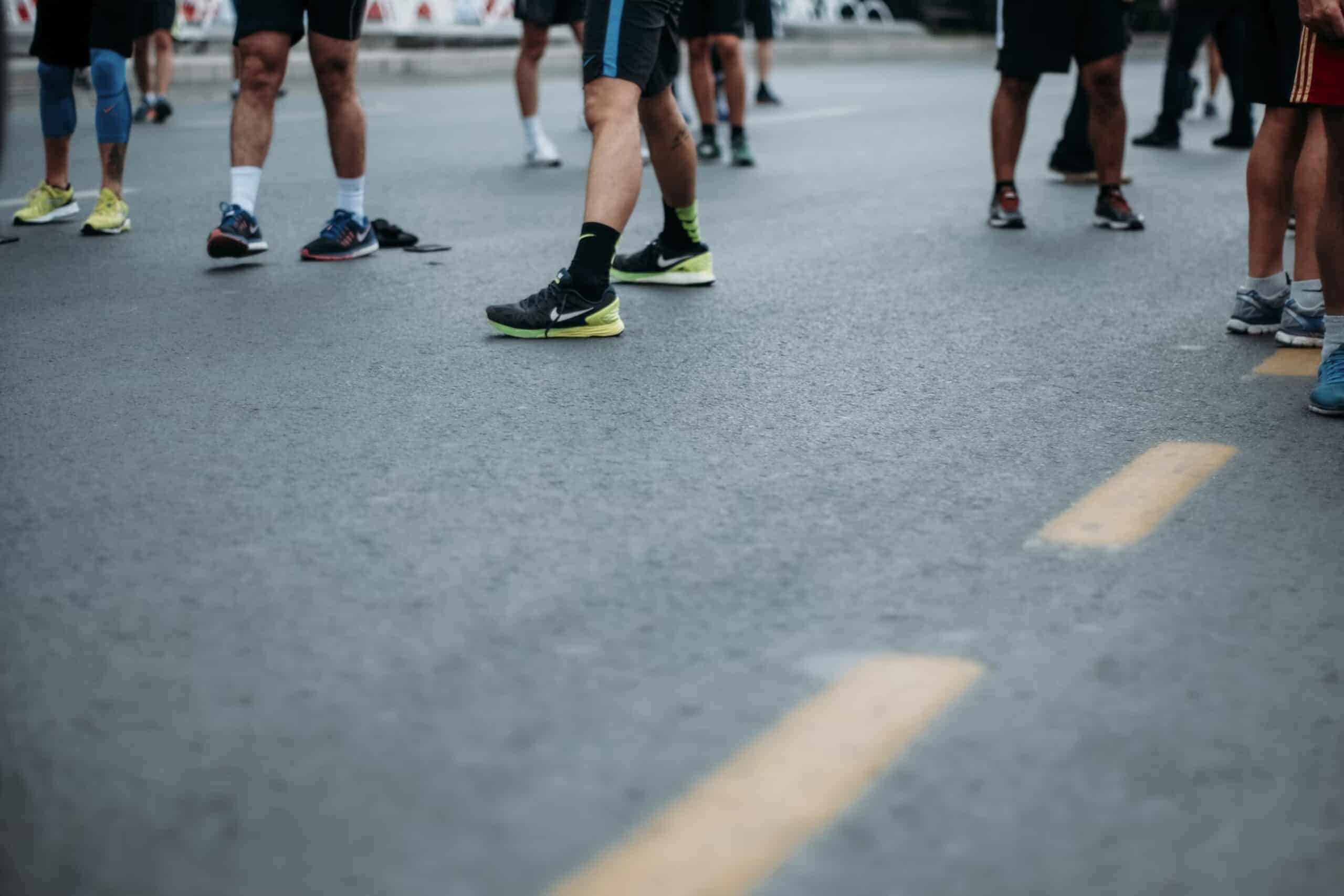
I probably reached the peak of my career working part-time with Adidas in 2008. I was still in college, working weekends and some holidays. While most of my job meant setting up a new install or display or rearranging stock on the floor or in the back of a store, this was not the case in the days leading up to Patriot’s Day, the day of the Boston Marathon.
At the Convention and Exposition Center, the registered marathon runners picked up their bibs and visited hundreds of vendors offering nutrition products, clothes, and, of course, footwear. My job was to provide gait analysis for these elite athletes. That meant having folks jog across a force plate, which, based on how their foot distributed their body weight upon hitting the reader, indicated the shoe that would be best for the runner.
The best part was talking with the runners. Their excitement was palpable. They seemed ready for the challenge ahead, which makes sense since they had to achieve a competitive qualifying time to even be there. These were the sort of people who appeared to always be wired on coffee, no matter the time of day. They all trained for months for an event that would last only a few hours. What would it be like to imagine every Sunday Mass as the event we trained for beforehand, perhaps with some time of prayer each day?
This is precisely not what Jesus experiences in today’s Gospel. Rather than a line of ready athletes eager to try relatively new technology, Jesus encounters doubt and fright. In my own prayer and contemplation, I am not too far behind such responses. I tend to dread having my feet washed and knowing that others feel the same; I do not particularly like washing others’ feet. Isn’t it just making everyone uncomfortable?
Nearly a decade ago, on Holy Thursday, Pope Francis noted in a homily that it is through our feet that one can see how our entire body walks. Francis was not talking about gait analysis but discipleship analysis. What I did in the days leading up to the Boston Marathon, with the help of a computer, Jesus fulfills in the days leading up to his death with his own hands. What I did, perhaps hoping to sell another pair of shoes, Jesus also did, for selfless reasons. Running shoes last but for a year. Discipleship is for a lifetime.
Our feet don’t lie. That force plate registered how a runner’s foot would strike from heel to toe, from beginning to end. Just as our feet reveal how we walk, the way we follow the Lord expresses itself in our hearts. We often do not have to think about the words we say, the gestures we make, and the actions we take if we are close to the Lord. No computer is needed to interpret or record the results. Our eyes, minds, and hearts are more than enough. The Examen might serve as a spiritual force plate of sorts, an opportunity to review what impacted us most about the past day and how we bore the weight of it.
Our blisters, pain, and fatigue show how we have followed the Lord and accompanied one another. Today, the Lord washes and purifies our accumulated wear and tear, as much in our feet as in our hearts. At least Peter’s desire is right when he encourages the Lord to wash his hands and head as well. Jesus was not giving pedicures but preparing his disciples for the journey ahead, one that would have no mile markers or crowd cheering them on to a banner finish.
As Pope Francis reminds us, Jesus does not want us to remain stained by our past experiences, however hurtful. Instead, the Lord wants to kiss our battle wounds and wash the grime from our work of discipleship.
For Pope Francis, our following of Jesus is something that needs to be washed so that we can feel the right to be happy, full, and without fear or guilt. In this way, Jesus animates us to go out to the ends of the world, to every periphery, not with shoes that wear away, but with a spirit that renews ourselves and others.
The post From Running Shoes to a Running Spirit appeared first on The Jesuit Post.